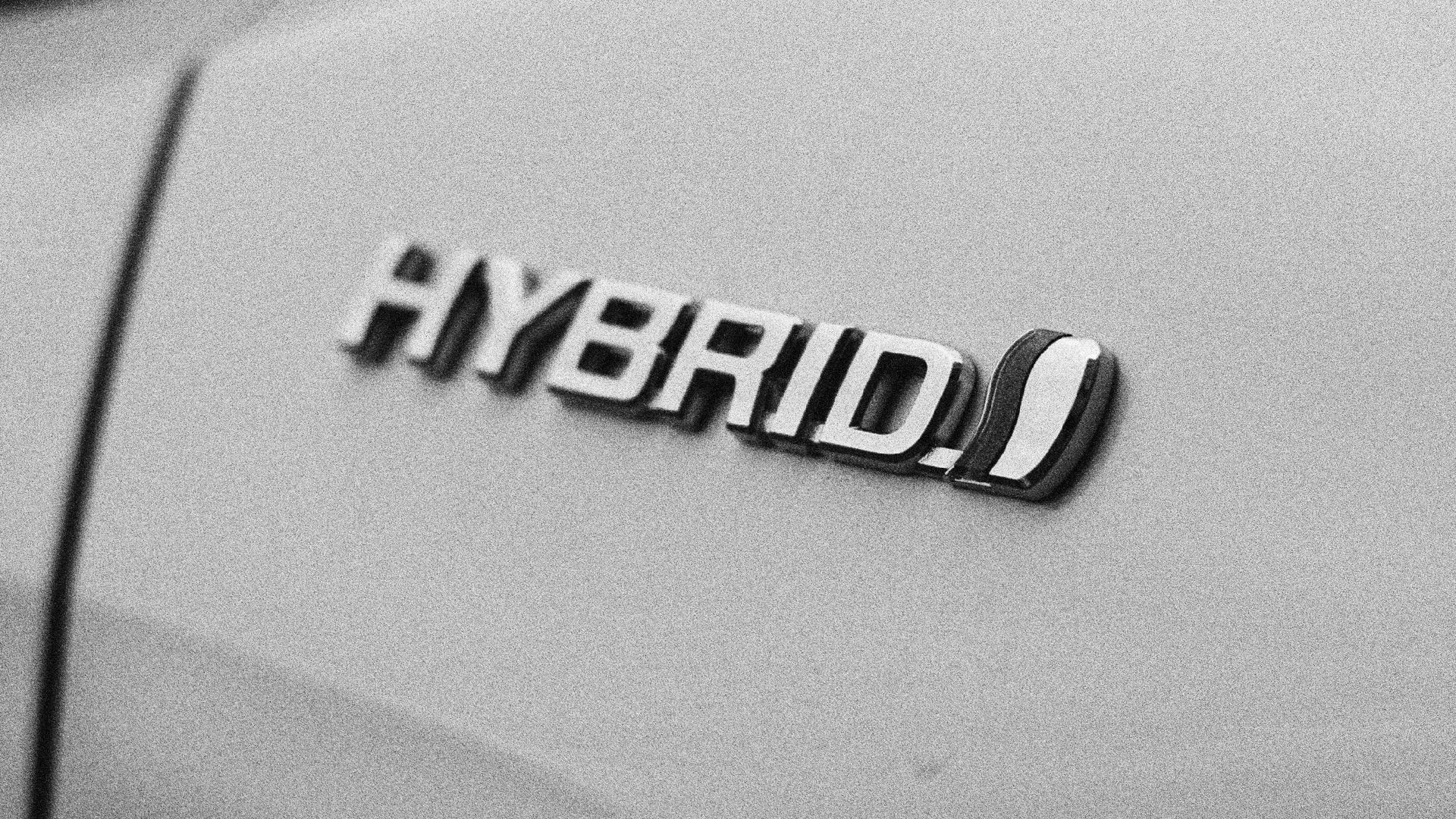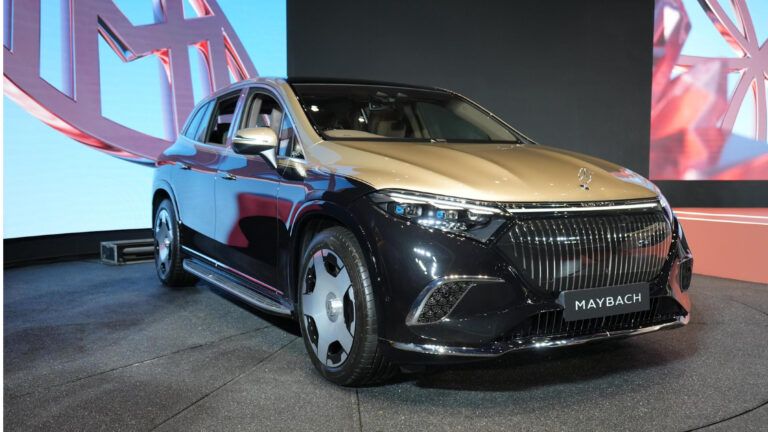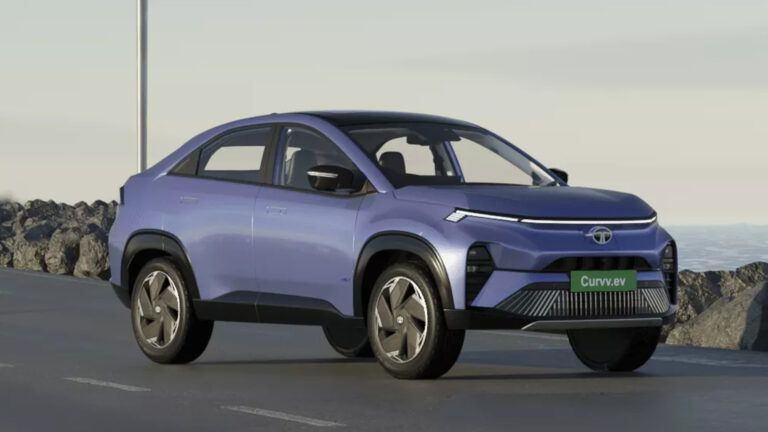Tata Motors and Mahindra & Mahindra believe that there’s no justification for the government to provide tax incentives for hybrid vehicles.
During an analyst call post the fourth-quarter earnings, Mahindra & Mahindra CEO and MD Anish Shah pointed out the lack of logic in incentivizing hybrids compared to the strong case for subsidizing electric vehicles (EVs).
According to Shah, governments globally have avoided incentivizing hybrids for the past two decades. This is due to hybrids’ higher costs stemming from their dual powertrains and their emissions not offering improvements over ICE vehicles.
Also, Shah highlighted that electric vehicles (EVs) represent the ultimate goal, while hybrids are more of an intermediary option. He mentions that if there’s demand for more hybrids, Mahindra will be prepared to meet that demand.
Reflecting similar sentiments, PB Balaji, Group chief financial officer of Tata Motors, emphasizes the need for the reasoning behind the push for tax incentives for hybrids, a stance not shared by Tata Motors, India’s leading electric car manufacturer.
During an investor call, Balaji outlined that hybrids are a transitional technology from a policy standpoint. He asserts there is no solid ground for the government to promote hybrid sales. Additionally, electric vehicles (EVs) offer a foolproof zero-emission solution.
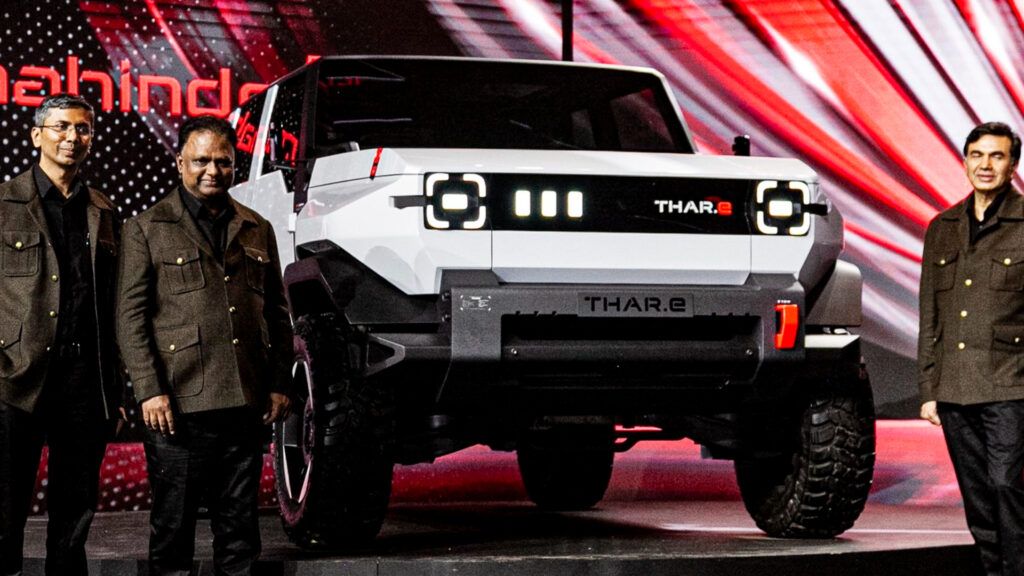
Despite a rapid rise in sales, battery electric vehicles are encountering a global slowdown due to declining government subsidies and uncertainties surrounding charging infrastructure. As a result, several automakers are revising their ambitious electrification goals.
According to the two domestic carmakers, it’s inappropriate to compare the Indian EV market with international norms. They argue that such comparisons are unnecessary, given that EV penetration in India is just 2%.
Rajesh Jejurikar, executive director and CEO of the auto and farm sectors at M&M, notes that other markets are approaching a saturation point, having achieved EV penetration rates of 15-20%. He emphasizes that in India, there is a tendency not to invest in infrastructure excessively ahead of demand. Therefore, he believes that as EV sales increase, charging infrastructure will naturally follow suit.
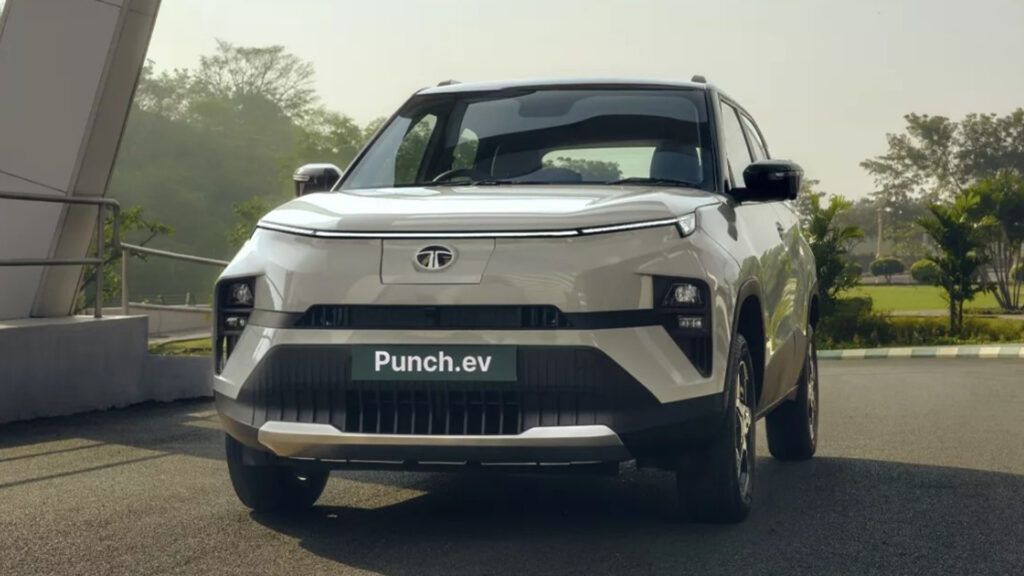
According to Shailesh Chandra of Tata Motors, comparisons between India and the U.S. or other nations are irrelevant as the conditions differ significantly.
Tata Motors, the leading EV manufacturer in India, commanding a 73% market share, achieved sales of 73,833 EVs during FY2023-24, marking a 48% Y-o-Y increase from the 50,043 units sold in FY23. The company expects to surpass the milestone of selling over 100,000 EVs in the current fiscal year.
Chandra points out that under the forthcoming Corporate Average Fuel Economy (CAFE-3) regulations, it’s crucial to integrate a designated portion of electric vehicles (EVs). Therefore, it’s evident that there’s a need to rush the growth of EVs.
Regarding CAFE-3, Jejurikar of Mahindra mentions that the revised regulations will incentivize companies to prioritize electric vehicles. Also, the framework is structured to discourage the promotion of non-electric options.

